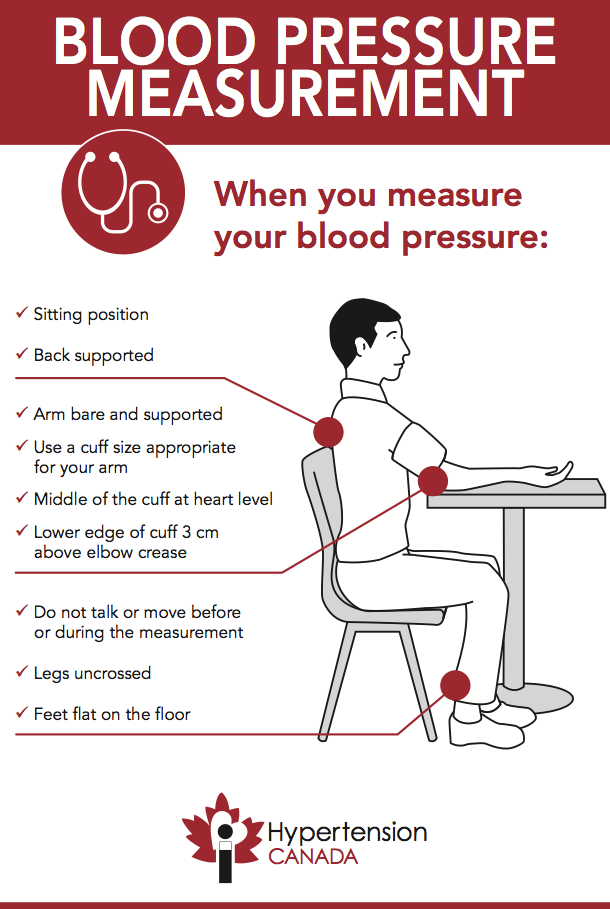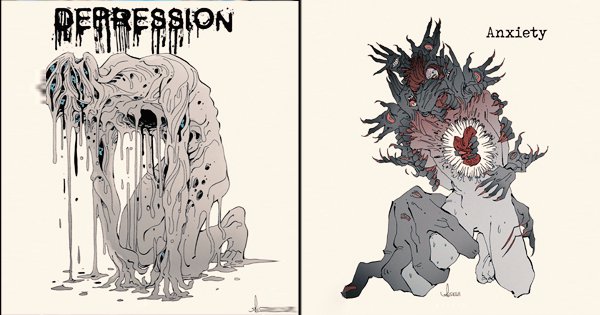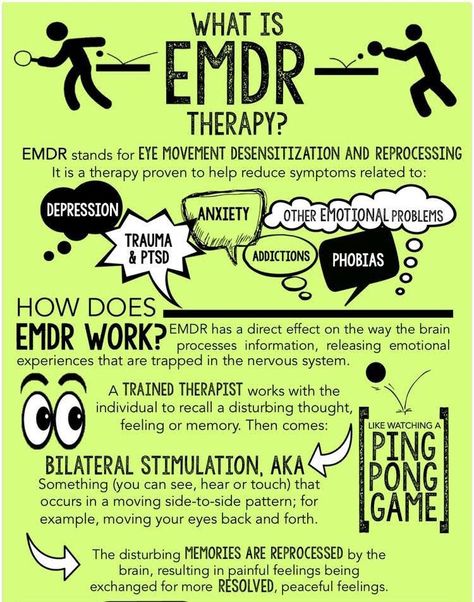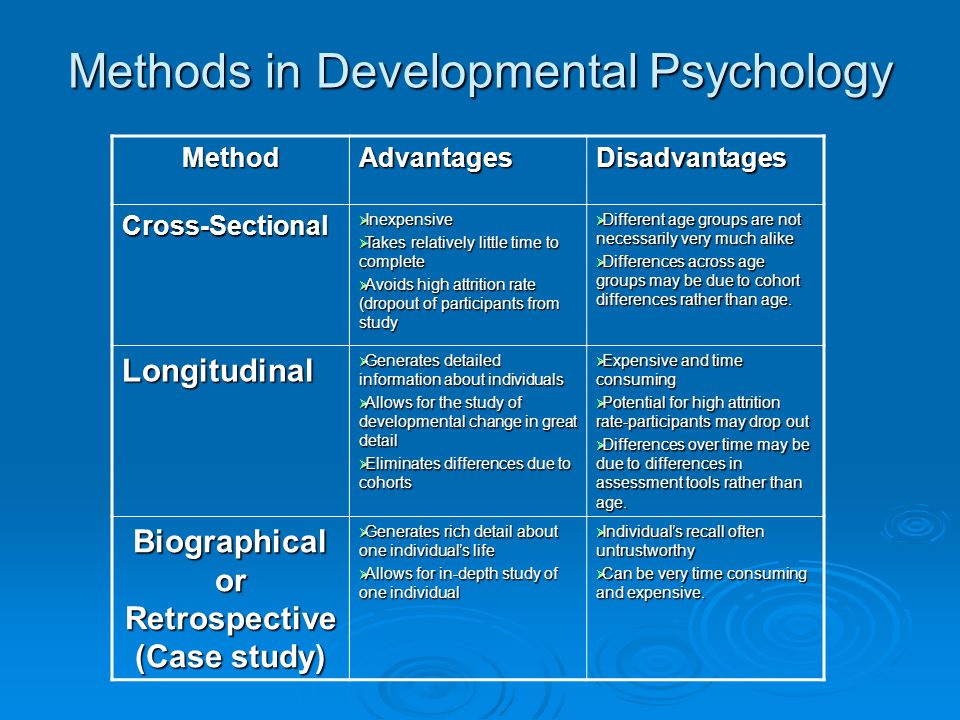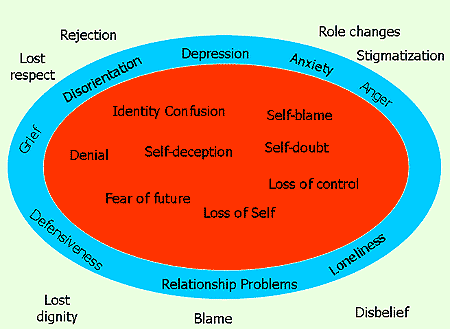Anxiety induced high blood pressure
Can anxiety cause high blood pressure?
Anxiety and high blood pressure can be symptoms of each other. Anxiety may lead to high blood pressure, and high blood pressure can trigger feelings of anxiety.
The American Psychological Association (APA) defines anxiety as feelings of worry or tension. It can cause certain physical symptoms, including increased heart rate and sweating. The APA also notes that anxiety may increase a person’s blood pressure.
Additionally, having long-term high blood pressure, or hypertension, can cause people to feel anxious about their health and future. Severe hypertension can also cause a person to experience anxiety.
Keep reading to learn more about the link between anxiety and high blood pressure, as well as how to treat both conditions.
Anxiety is the body’s natural response to stress. A person may feel anxious before a test or when waiting for important news.
It occurs when the body releases stress hormones. These hormones trigger an increase in heart rate and a narrowing of the blood vessels. Both of these changes can cause a person’s blood pressure to rise.
A 2015 review indicates that people with intense anxiety have a higher risk of hypertension than those with lower levels of anxiety. Researchers conclude that early detection and treatment of anxiety are particularly important in people with hypertension.
Anxiety-induced increases in blood pressure are usually temporary and subside once the anxiety lessens. Regularly having high levels of anxiety, however, can cause damage to the heart, kidneys, and blood vessels in the same way that long-term hypertension can.
In the long term, anxiety-related hormone changes may cause increased fat deposits, particularly around the abdomen. Anxiety can also prompt behavior changes in people, such as stress eating, which may indirectly contribute to hypertension.
Additionally, some medications for anxiety can increase blood pressure. Research from 2017 found that serotonin and noradrenaline reuptake inhibitors (SNRIs), which people use to treat anxiety disorders, can increase blood pressure.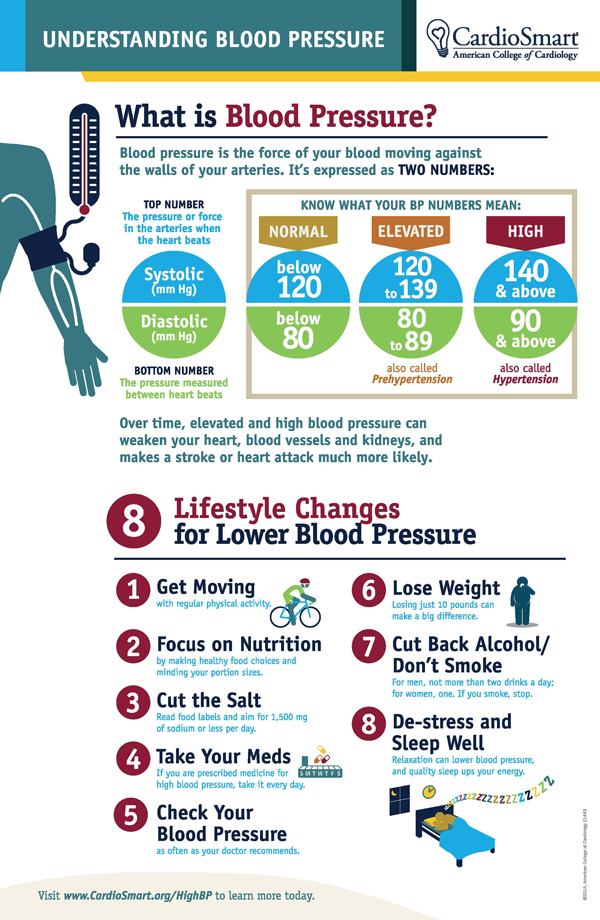
Anxiety is a response to stress. Stress causes the release of hormones, such as epinephrine and cortisol. These hormones induce the “fight-or-flight” response, which prepares the body to flee or confront the perceived threat.
Fight-or-flight hormones can cause a person to experience an increase in:
- heart rate
- blood pressure
- muscular strength
Once a person has dealt with their stress, their body systems should return to normal. However, a person who has long-term stress can develop health problems, such as:
- diarrhea
- stomach pain
- weight gain
- weakened immune system
- depression
- lack of sleep
- fatigue
- inability to make decisions
- memory issues
- increase in fats in the blood
Having high blood pressure may trigger feelings of anxiety in some people. A person with hypertension may worry about their health and their future.
Additionally, the symptoms of hypertension can cause panic or anxiety.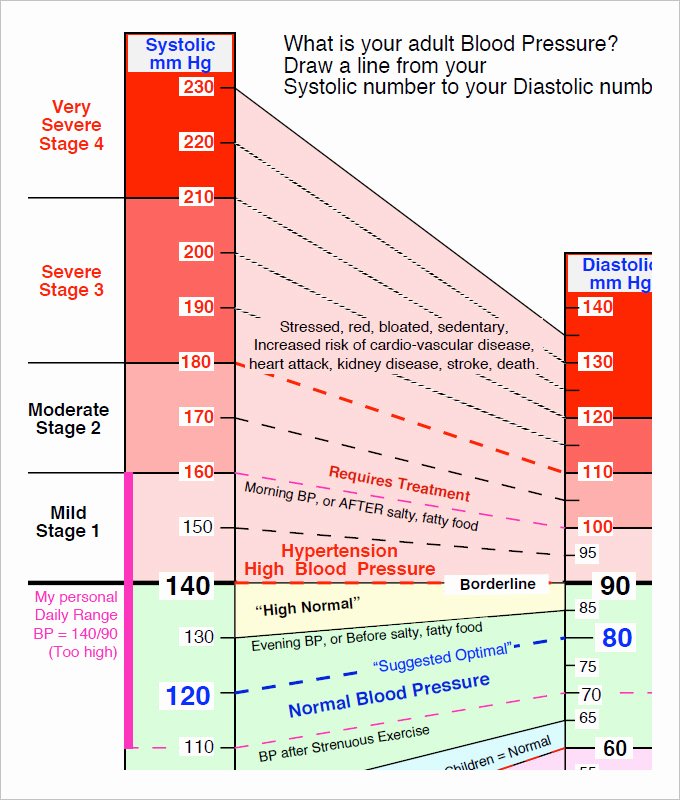 Symptoms of hypertension include:
Symptoms of hypertension include:
- vision changes
- headaches
- irregular heart rhythm
- buzzing in the ears
Severe hypertension can also cause a person to experience anxiety. If a person experiences extreme anxiety alongside symptoms such as headache or shortness of breath, they should seek medical attention immediately.
It can be difficult to distinguish between anxiety and changes in blood pressure. Hypertension does not usually cause symptoms. This means it is important for a person to have a doctor check their blood pressure regularly.
There is currently no evidence to suggest that anxiety lowers a person’s blood pressure. However, having low blood pressure may cause a person to become anxious or worried.
Symptoms of low blood pressure can be similar to those of anxiety. Symptoms of both low blood pressure and anxiety include:
- dizziness
- lightheadedness
- nausea
- fainting
- difficulty concentrating
Learn more about fluctuating blood pressure here.
A person with low blood pressure may experience symptoms similar to those of anxiety. If a person is unsure whether their symptoms are due to anxiety or low blood pressure, they should speak with a doctor.
Additionally, people who have severe or recurrent symptoms of either should see their doctor. A doctor will be able to diagnose the underlying cause of the symptoms and can prescribe any necessary treatments.
There are several treatment options for anxiety. A person may require a combination of these treatments.
Medication
Several medicines can relieve the symptoms of anxiety. Different types of medication will work for different people. Options include:
- buspirone, an anti-anxiety drug
- certain antidepressants
- benzodiazepines, which are a type of sedative medication for short-term anxiety relief
- beta-blockers, which help a person’s heart beat more slowly and gently
Psychotherapy
Working with a psychotherapist can help people manage their anxiety symptoms.
Cognitive behavioral therapy (CBT) is one of the most effective forms of psychotherapy for anxiety. CBT teaches people to change their thinking patterns to help them reduce anxious thoughts and worries.
During CBT, a person learns techniques to manage their anxiety and gradually expose themselves to situations that trigger it. This helps the person become less fearful and anxious in these situations.
Lifestyle changes
A person can make lifestyle changes to help reduce feelings of anxiety. The National Alliance on Mental Illness (NAMI) suggests the following to help with anxiety:
- exercising regularly
- practicing mindfulness
- eating a balanced diet
- avoiding alcohol and drugs
- getting consistent, high-quality sleep
- learning a new skill
- trying to reduce negative thoughts, countering them with positive ones
- setting goals and rewards
- creating or maintaining a support system
Read about natural remedies for anxiety here.
A person who has hypertension may be given a treatment plan by their doctor. This can involve lifestyle changes, medications, or both.
Lifestyle changes
A person can make various lifestyle changes to lower their blood pressure, including:
- avoiding or limiting alcohol
- reducing salt intake
- eating a heart-healthy diet that is rich in fruit, vegetables, and whole grains
- exercising regularly
- quitting smoking, if appropriate
- maintaining a moderate weight
- managing stress
- getting good-quality sleep
Learn about 15 natural ways to lower blood pressure here.
Medication
There are several types of medication for treating high blood pressure. These include:
- angiotensin converting enzyme (ACE) inhibitors, which prevent blood vessels from narrowing as much
- angiotensin II receptor blockers (ARBs) to stop blood vessels from narrowing
- calcium channel blockers, which allow blood vessels to relax
- diuretics, which remove excess water and sodium from the body
- beta-blockers
The type of medication that a person needs will depend on several factors, including their general health and the severity of their hypertension.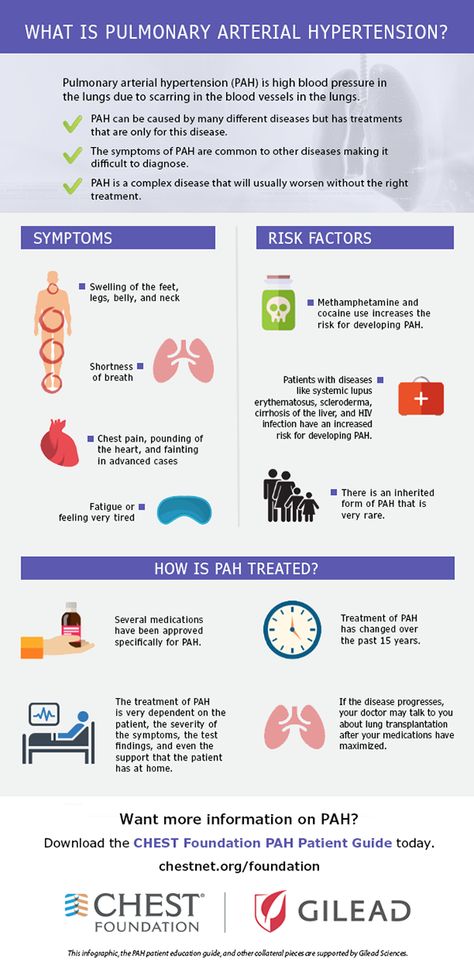 Some people may need more than one type of medication to keep their blood pressure under control.
Some people may need more than one type of medication to keep their blood pressure under control.
People who think they may have anxiety, hypertension, or both, should speak with a doctor. Those who have severe symptoms should seek immediate care, as this can indicate a medical emergency.
Symptoms to look out for include:
- fatigue
- nausea
- vomiting
- confusion
- chest pain
- muscle tremors
- shortness of breath
- back pain
- numbness or weakness
- difficulty speaking
Both hypertension and anxiety are highly treatable conditions. A person with anxiety will not necessarily develop hypertension.
However, seeking help as early as possible can improve the outcome for people with either condition and reduce the risk of complications.
There is a link between anxiety and high blood pressure. A person with anxiety may develop hypertension, especially if they regularly experience intense anxiety.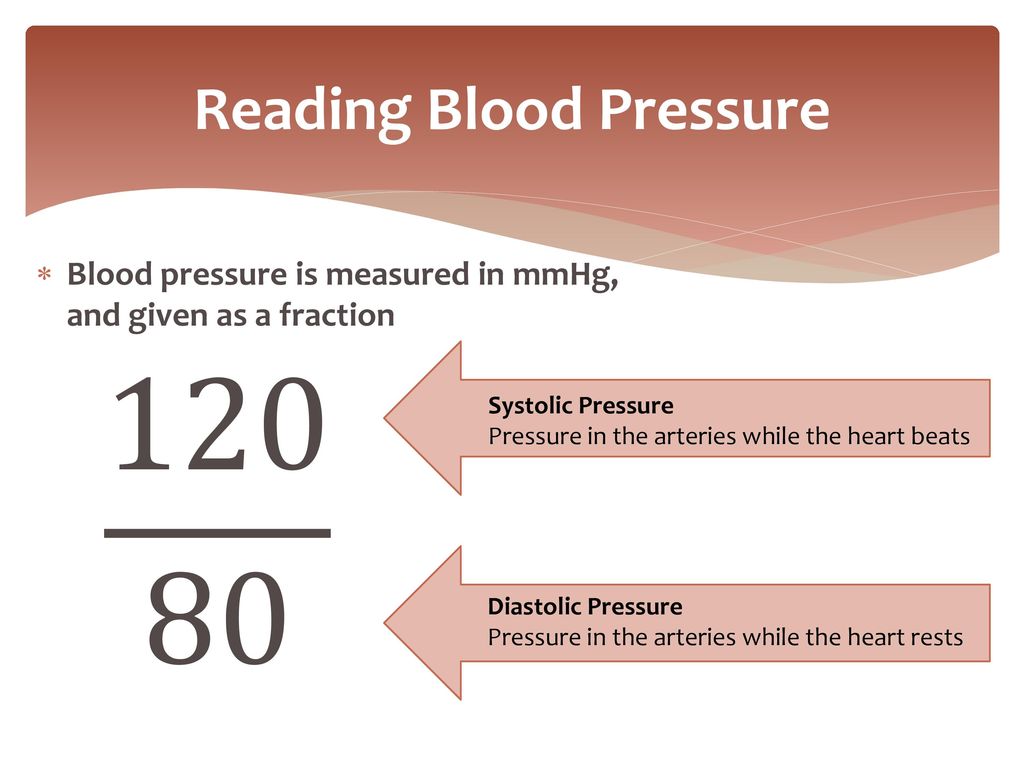
Other people may develop anxiety as a result of high blood pressure. Treatment for one condition can often improve the other.
A person who suspects they have one or both conditions should see a doctor for diagnosis and treatment.
Can anxiety cause high blood pressure?
Anxiety and high blood pressure can be symptoms of each other. Anxiety may lead to high blood pressure, and high blood pressure can trigger feelings of anxiety.
The American Psychological Association (APA) defines anxiety as feelings of worry or tension. It can cause certain physical symptoms, including increased heart rate and sweating. The APA also notes that anxiety may increase a person’s blood pressure.
Additionally, having long-term high blood pressure, or hypertension, can cause people to feel anxious about their health and future. Severe hypertension can also cause a person to experience anxiety.
Keep reading to learn more about the link between anxiety and high blood pressure, as well as how to treat both conditions.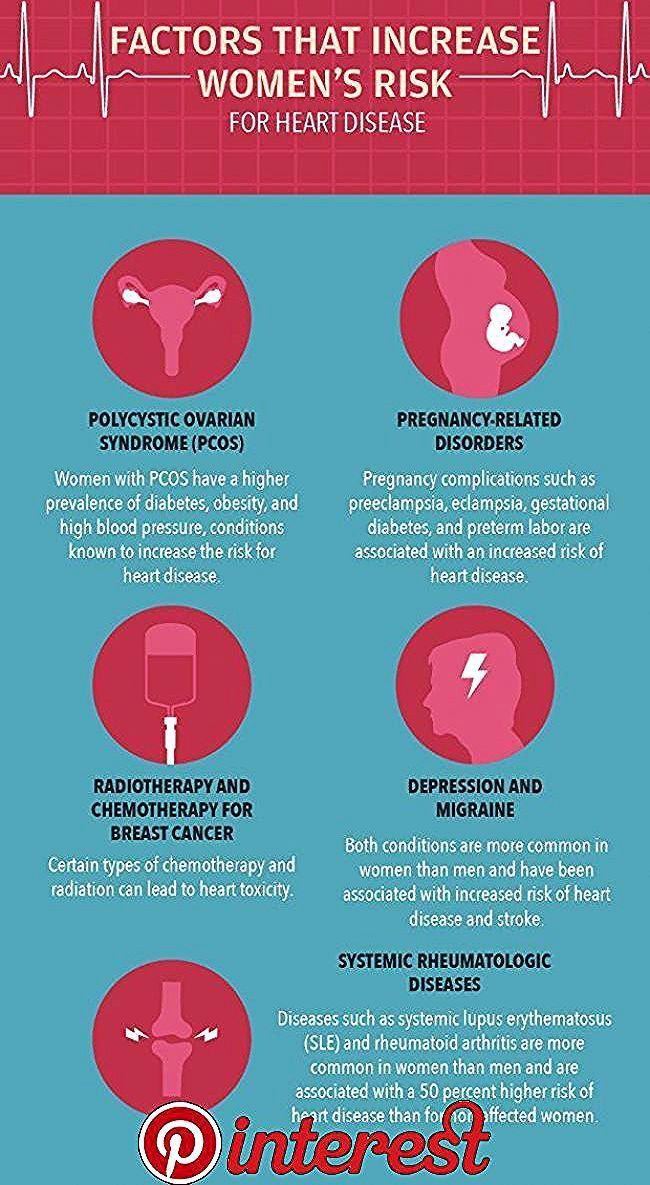
Anxiety is the body’s natural response to stress. A person may feel anxious before a test or when waiting for important news.
It occurs when the body releases stress hormones. These hormones trigger an increase in heart rate and a narrowing of the blood vessels. Both of these changes can cause a person’s blood pressure to rise.
A 2015 review indicates that people with intense anxiety have a higher risk of hypertension than those with lower levels of anxiety. Researchers conclude that early detection and treatment of anxiety are particularly important in people with hypertension.
Anxiety-induced increases in blood pressure are usually temporary and subside once the anxiety lessens. Regularly having high levels of anxiety, however, can cause damage to the heart, kidneys, and blood vessels in the same way that long-term hypertension can.
In the long term, anxiety-related hormone changes may cause increased fat deposits, particularly around the abdomen. Anxiety can also prompt behavior changes in people, such as stress eating, which may indirectly contribute to hypertension.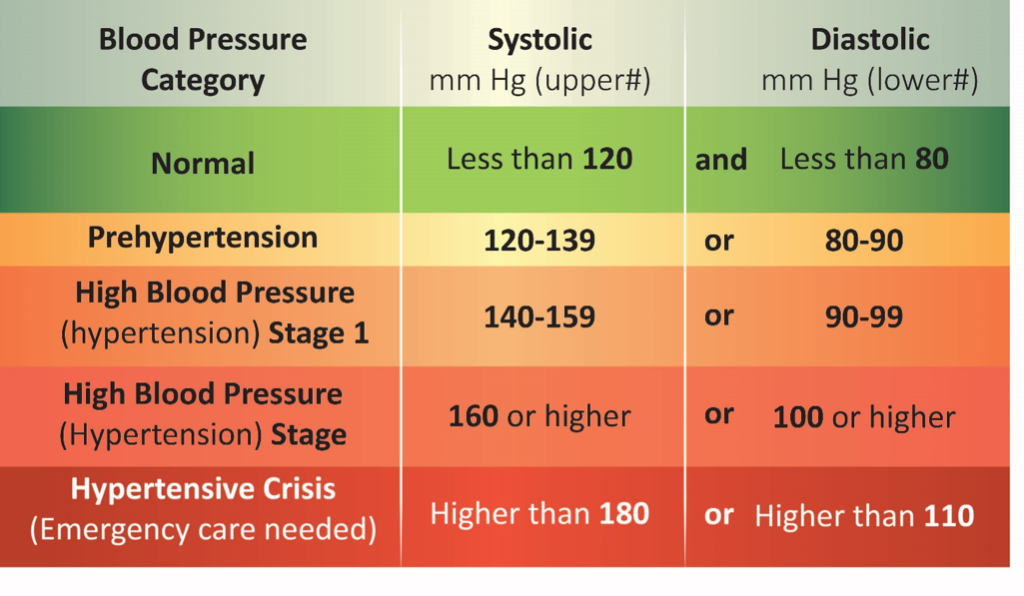
Additionally, some medications for anxiety can increase blood pressure. Research from 2017 found that serotonin and noradrenaline reuptake inhibitors (SNRIs), which people use to treat anxiety disorders, can increase blood pressure.
Anxiety is a response to stress. Stress causes the release of hormones, such as epinephrine and cortisol. These hormones induce the “fight-or-flight” response, which prepares the body to flee or confront the perceived threat.
Fight-or-flight hormones can cause a person to experience an increase in:
- heart rate
- blood pressure
- muscular strength
Once a person has dealt with their stress, their body systems should return to normal. However, a person who has long-term stress can develop health problems, such as:
- diarrhea
- stomach pain
- weight gain
- weakened immune system
- depression
- lack of sleep
- fatigue
- inability to make decisions
- memory issues
- increase in fats in the blood
Having high blood pressure may trigger feelings of anxiety in some people.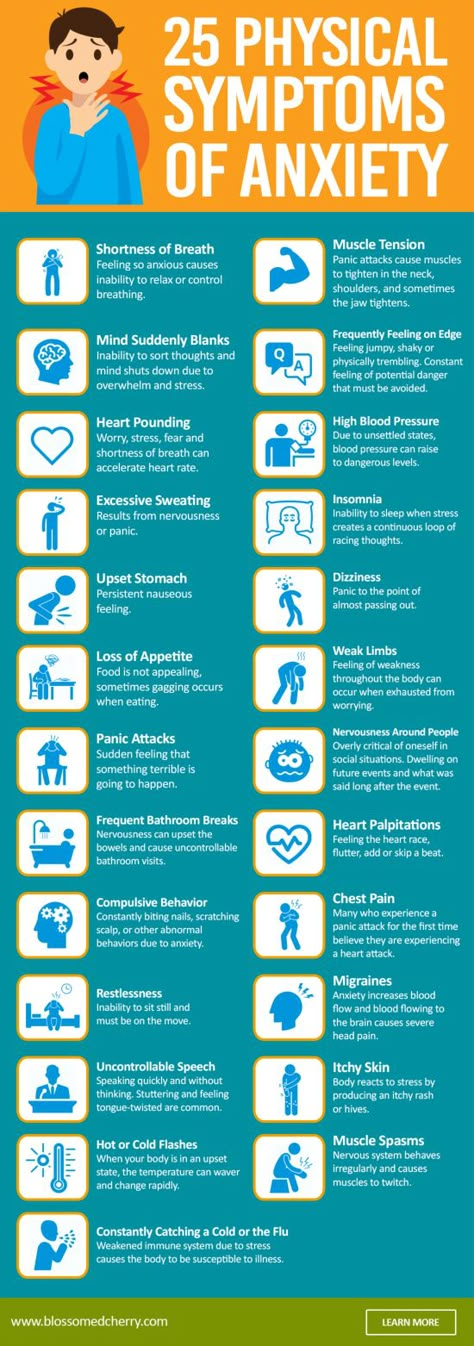 A person with hypertension may worry about their health and their future.
A person with hypertension may worry about their health and their future.
Additionally, the symptoms of hypertension can cause panic or anxiety. Symptoms of hypertension include:
- vision changes
- headaches
- irregular heart rhythm
- buzzing in the ears
Severe hypertension can also cause a person to experience anxiety. If a person experiences extreme anxiety alongside symptoms such as headache or shortness of breath, they should seek medical attention immediately.
It can be difficult to distinguish between anxiety and changes in blood pressure. Hypertension does not usually cause symptoms. This means it is important for a person to have a doctor check their blood pressure regularly.
There is currently no evidence to suggest that anxiety lowers a person’s blood pressure. However, having low blood pressure may cause a person to become anxious or worried.
Symptoms of low blood pressure can be similar to those of anxiety. Symptoms of both low blood pressure and anxiety include:
- dizziness
- lightheadedness
- nausea
- fainting
- difficulty concentrating
Learn more about fluctuating blood pressure here.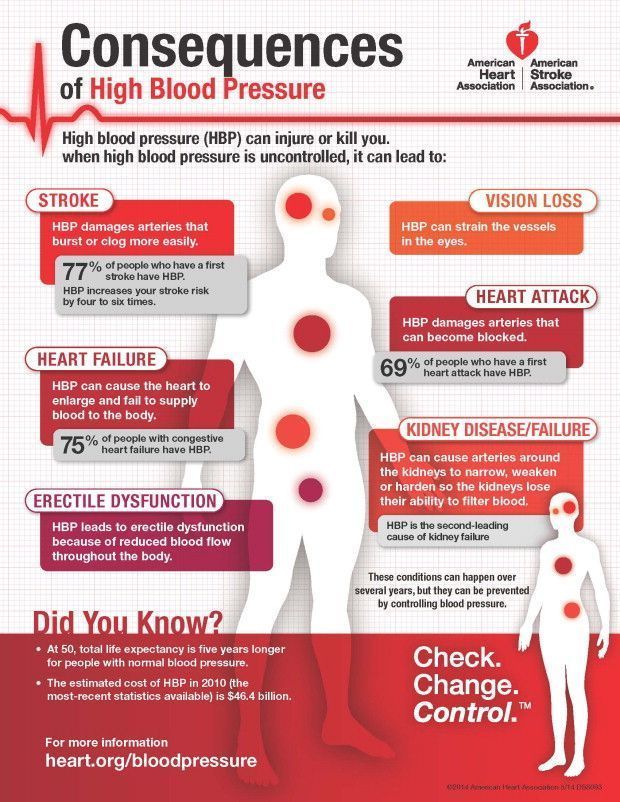
A person with low blood pressure may experience symptoms similar to those of anxiety. If a person is unsure whether their symptoms are due to anxiety or low blood pressure, they should speak with a doctor.
Additionally, people who have severe or recurrent symptoms of either should see their doctor. A doctor will be able to diagnose the underlying cause of the symptoms and can prescribe any necessary treatments.
There are several treatment options for anxiety. A person may require a combination of these treatments.
Medication
Several medicines can relieve the symptoms of anxiety. Different types of medication will work for different people. Options include:
- buspirone, an anti-anxiety drug
- certain antidepressants
- benzodiazepines, which are a type of sedative medication for short-term anxiety relief
- beta-blockers, which help a person’s heart beat more slowly and gently
Psychotherapy
Working with a psychotherapist can help people manage their anxiety symptoms.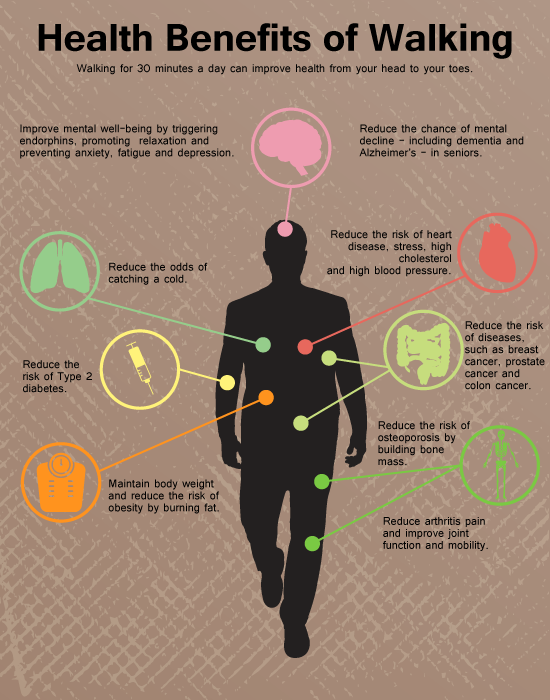
Cognitive behavioral therapy (CBT) is one of the most effective forms of psychotherapy for anxiety. CBT teaches people to change their thinking patterns to help them reduce anxious thoughts and worries.
During CBT, a person learns techniques to manage their anxiety and gradually expose themselves to situations that trigger it. This helps the person become less fearful and anxious in these situations.
Lifestyle changes
A person can make lifestyle changes to help reduce feelings of anxiety. The National Alliance on Mental Illness (NAMI) suggests the following to help with anxiety:
- exercising regularly
- practicing mindfulness
- eating a balanced diet
- avoiding alcohol and drugs
- getting consistent, high-quality sleep
- learning a new skill
- trying to reduce negative thoughts, countering them with positive ones
- setting goals and rewards
- creating or maintaining a support system
Read about natural remedies for anxiety here.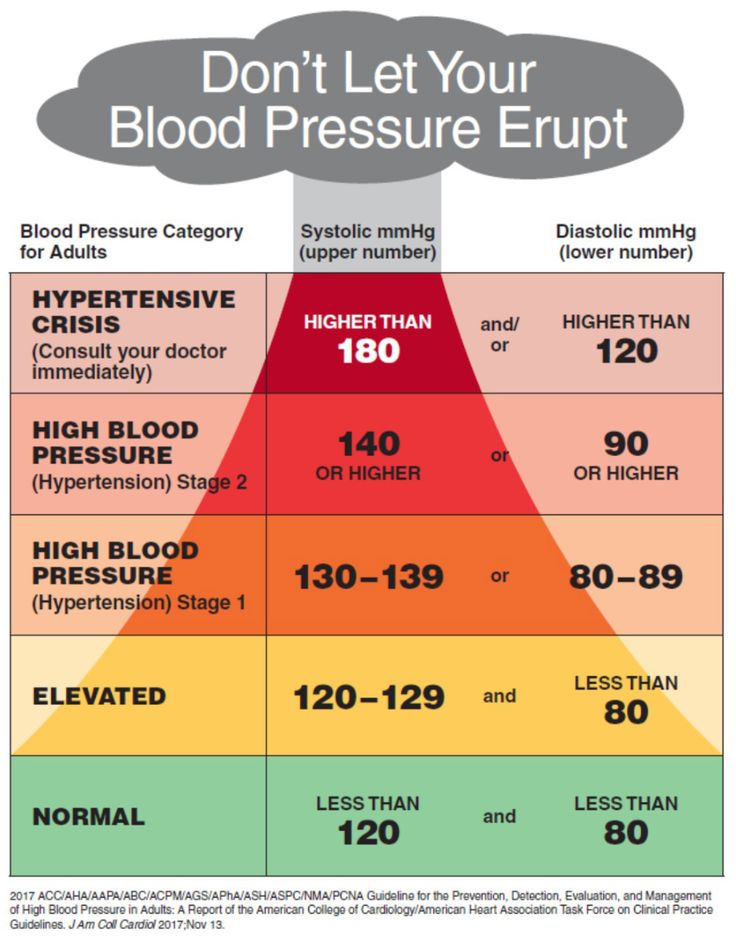
A person who has hypertension may be given a treatment plan by their doctor. This can involve lifestyle changes, medications, or both.
Lifestyle changes
A person can make various lifestyle changes to lower their blood pressure, including:
- avoiding or limiting alcohol
- reducing salt intake
- eating a heart-healthy diet that is rich in fruit, vegetables, and whole grains
- exercising regularly
- quitting smoking, if appropriate
- maintaining a moderate weight
- managing stress
- getting good-quality sleep
Learn about 15 natural ways to lower blood pressure here.
Medication
There are several types of medication for treating high blood pressure. These include:
- angiotensin converting enzyme (ACE) inhibitors, which prevent blood vessels from narrowing as much
- angiotensin II receptor blockers (ARBs) to stop blood vessels from narrowing
- calcium channel blockers, which allow blood vessels to relax
- diuretics, which remove excess water and sodium from the body
- beta-blockers
The type of medication that a person needs will depend on several factors, including their general health and the severity of their hypertension. Some people may need more than one type of medication to keep their blood pressure under control.
Some people may need more than one type of medication to keep their blood pressure under control.
People who think they may have anxiety, hypertension, or both, should speak with a doctor. Those who have severe symptoms should seek immediate care, as this can indicate a medical emergency.
Symptoms to look out for include:
- fatigue
- nausea
- vomiting
- confusion
- chest pain
- muscle tremors
- shortness of breath
- back pain
- numbness or weakness
- difficulty speaking
Both hypertension and anxiety are highly treatable conditions. A person with anxiety will not necessarily develop hypertension.
However, seeking help as early as possible can improve the outcome for people with either condition and reduce the risk of complications.
There is a link between anxiety and high blood pressure. A person with anxiety may develop hypertension, especially if they regularly experience intense anxiety.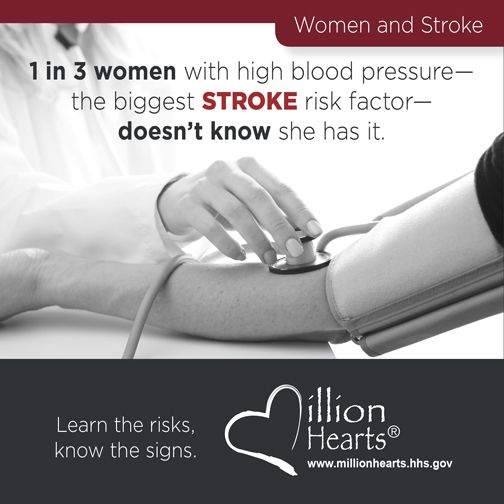
Other people may develop anxiety as a result of high blood pressure. Treatment for one condition can often improve the other.
A person who suspects they have one or both conditions should see a doctor for diagnosis and treatment.
Can anxiety cause high blood pressure? – Drink-Drink
DrinkDrinkAdmin
Contents
- Can anxiety cause high blood pressure?
- What is high blood pressure?
- What is anxiety?
- Can your high blood pressure be a cause for concern?
- What can you do if you have high blood pressure related to your anxiety?
- Psychotherapy
- Medications
- Other
- What can you do to make yourself less anxious
- Can treating anxiety affect blood pressure?
- Can anxiety affect how you feel about your high blood pressure?
- Bottom Line
According to the Anxiety and Depression Association of America (ADAA), more than 40 million adults in the United States suffer from anxiety disorders each year. Anxiety can cause a wide range of physical symptoms, including high blood pressure levels.
Anxiety can cause a wide range of physical symptoms, including high blood pressure levels.
Although anxiety is not associated with chronic high blood pressure, both short-term and chronic anxiety can cause blood pressure spikes.
In this article, we look at the link between anxiety and high blood pressure, and treatment options for both conditions.
Can anxiety cause high blood pressure?
Fortunately, anxiety does not cause chronic high blood pressure. However, this can lead to a short-term increase in blood pressure.
When you start feeling anxious about a stressful situation, your body goes into fight or flight mode. This is due to the activation of your sympathetic nervous system. Fight-or-flight mode increases adrenaline and cortisol levels, which can lead to high blood pressure.
Although stress and anxiety can cause high blood pressure, this is temporary and will usually return to normal once you calm down again.
What is high blood pressure?
High blood pressure or hypertension is a chronic condition that occurs when blood pressure levels rise.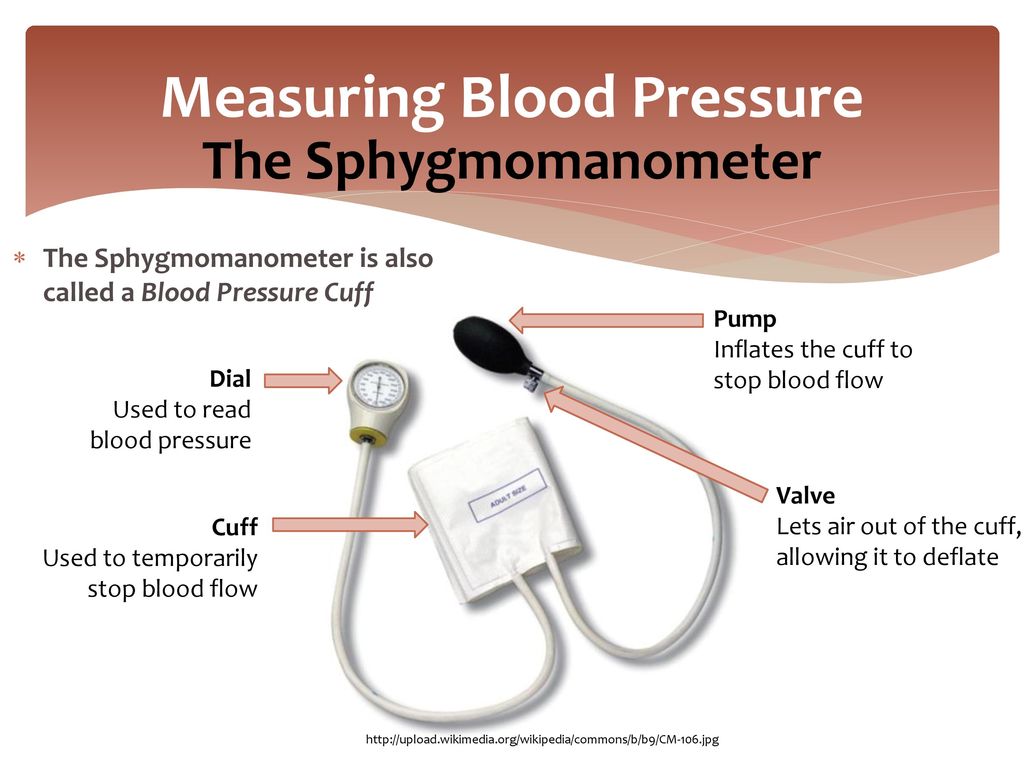 Chronic high blood pressure can be quite dangerous and can cause significant damage to the body, especially the brain, heart, kidneys, and eyes.
Chronic high blood pressure can be quite dangerous and can cause significant damage to the body, especially the brain, heart, kidneys, and eyes.
Hypertension is divided into two categories:
- Primary arterial hypertension. This type of hypertension develops in the absence of a specific trigger and is the most common type of hypertension. Primary hypertension is often thought to be due to genetic, environmental, or lifestyle factors.
- Secondary hypertension. The cause of this type of hypertension is well known and is often another underlying condition. Secondary hypertension is often caused by conditions that affect the kidneys, heart, or thyroid gland.
Interestingly, a type of high blood pressure commonly referred to as white coat hypertension can also cause anxiety. This type occurs when your blood pressure is normally normal but rises sharply in a medical setting, such as a doctor's office, due to medical anxiety.
What is anxiety?
Anxiety is a natural response to a perceived threat, and we all experience it from time to time. When you feel the alarm and activate the reaction “Bay or Begi”, you can experience:
- Nervousness
- Negotness
- Panic or fear
- Occupational heart rate
- Bust 9000 9000 9000 9000 9000 9000 9000 9000 9000 9000 9000 9000 9000 9000 9000 9000 or shiver
- Tipping muscles
- chills or tides
- numbness or tingling
- Weakness or fatigue
- Nausea or vomiting
- DIALLY
- POOKE concentration
- DEPENIALIALIALIALE or derealization
In some people, chronic anxiety arises due disorders, and not just because of external causes. Anxiety disorders include:
- generalized anxiety
- panic disorder
- specific phobias
- obsessive-compulsive disorder (OCD)
- post-traumatic stress disorder (PTSD)
Can your high blood pressure be a concern?
Just as anxiety can cause temporary high blood pressure, high blood pressure can sometimes cause anxiety.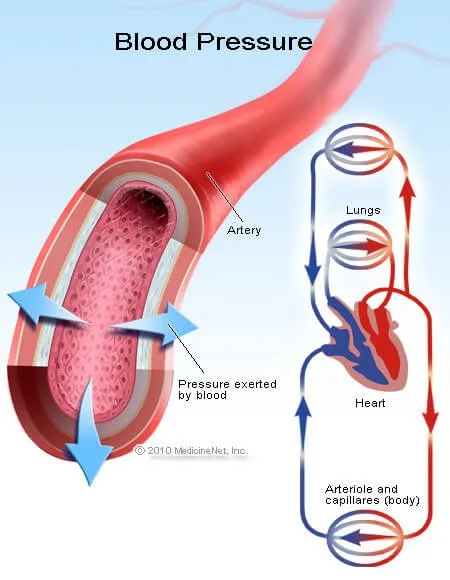
For example, some symptoms of high blood pressure mimic those caused by anxiety, such as:
- shortness of breath
- dizziness
- chest pain
- changes in vision
Experiencing these or any other symptoms of high blood pressure can lead to increased anxiety.
In addition, having a chronic illness such as high blood pressure can cause depression and anxiety. In fact, the National Institute of Mental Health (NIMH) states that people with chronic illnesses are more likely to experience mental disorders such as anxiety.
One 2018 study found that up to 51 percent of people with pulmonary arterial hypertension may have anxiety and panic disorders, and many of these people are not treated for these conditions.
What can you do if you have high blood pressure related to your anxiety?
If you have frequent episodes of high blood pressure caused by anxiety, treating your underlying anxiety disorder can help lower your blood pressure to a more healthy level.
Treatment options that may help include:
Psychotherapy
Cognitive behavioral therapy (CBT) is the gold standard for treating most anxiety disorders. Cognitive behavioral therapy techniques can help you deal with and change problematic thoughts, feelings, and behaviors that cause anxiety.
Research has shown that cognitive behavioral therapy can be as effective as medication in treating anxiety disorders.
Other treatment options may also be considered depending on the type and severity of the anxiety disorder. For example, exposure therapy is effective for treating certain phobias, while trauma-focused therapy and interactive therapy such as eye movement desensitization and reprocessing (EMDR) can be useful for conditions such as post-traumatic stress disorder.
Medications
Selective serotonin reuptake inhibitors (SSRIs) are the most commonly prescribed drugs for anxiety disorders. SSRIs work by increasing the uptake of serotonin in the brain, which can reduce symptoms of anxiety.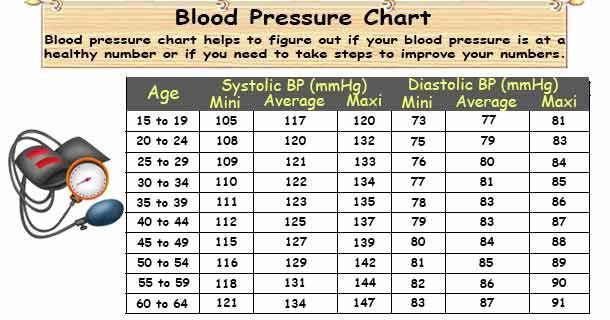
According to research, SSRIs are most effective when combined with psychotherapy.
In some cases, benzodiazepines may be prescribed for short-term relief of anxiety symptoms. However, they are highly addictive and are usually only prescribed for short-term use.
Other
While psychotherapy and medication are effective treatments for anxiety disorders, lifestyle changes are also important.
Make sure you get enough sleep, a balanced diet and exercise. Relaxation techniques such as meditation, yoga, and massage can also help.
Things you can do to make yourself less anxious
Whether you have an anxiety disorder or not, everyone can benefit from reducing their daily anxiety levels. Here are some changes you can make to your daily life to reduce your anxiety levels:
- Sleep more. Sleep is very important for overall health, and getting enough sleep can make a big difference in daily anxiety levels.
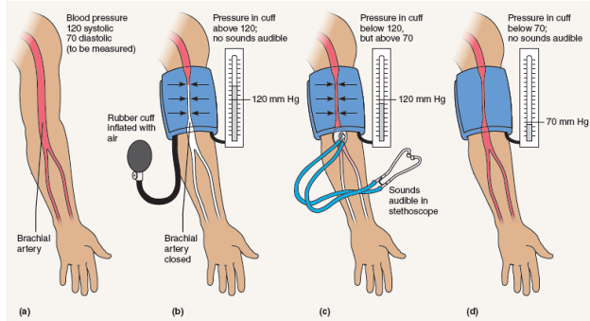 Most people need 7 to 9 hours of sleep each night, so be sure to aim for that.
Most people need 7 to 9 hours of sleep each night, so be sure to aim for that. - Eat a balanced diet. Eating nutritious foods can help support both your physical and mental well-being. Try to fill your plate with whole foods, such as fruits, vegetables, whole grains, and lean proteins, whenever possible.
- Move your body. It's important to move, whether it's weight training at the gym or walking around the block. Daily exercise and movement can help increase endorphins and reduce stress levels.
- Practice mindfulness. Mindfulness is the practice of bringing your awareness into the present moment, which is incredibly important when you are anxious. Meditation is a great mindfulness practice to reduce daily stress and anxiety.
Can anxiety treatment affect blood pressure?
Medications used to treat anxiety can help reduce overall levels of anxiety, which can reduce blood pressure spikes.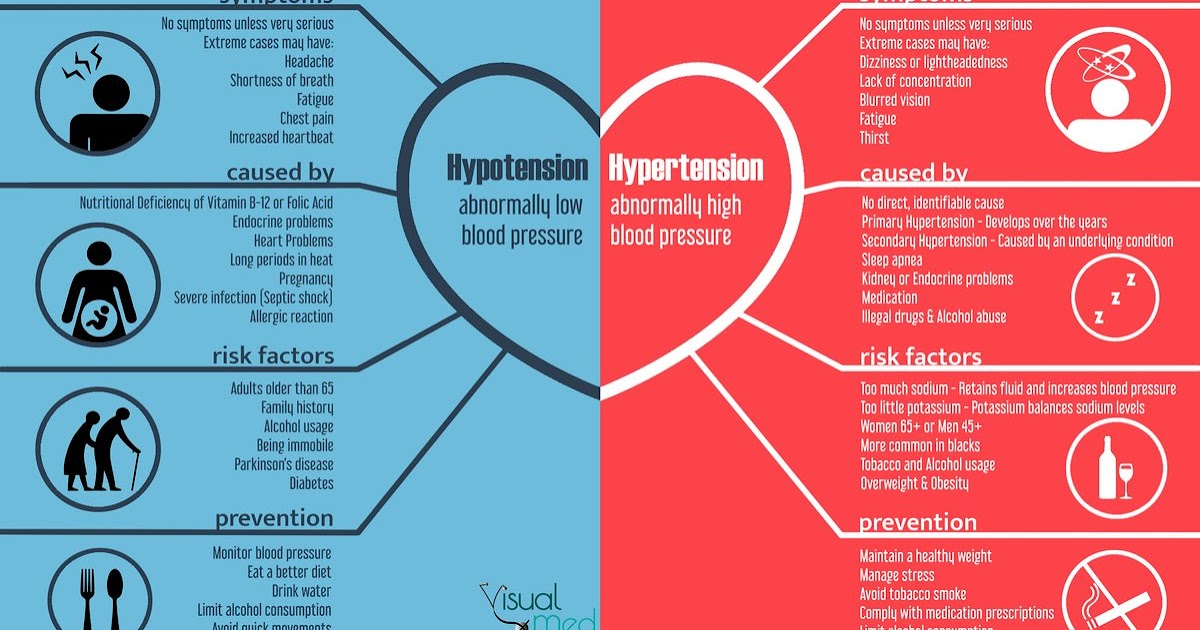 However, some anxiety treatments can also cause high blood pressure levels.
However, some anxiety treatments can also cause high blood pressure levels.
one meta-analysis from 2017 examined the effects of SSRIs and serotonin-norepinephrine reuptake inhibitors (SNRIs) on blood pressure levels. Data from over 13,000 participants were analyzed and the researchers found that while SSRIs had no significant effect on blood pressure, SNRIs caused a slight increase in blood pressure levels.
If you have high blood pressure and have recently started taking anxiety medication, monitor your blood pressure for any changes. This can help your doctor determine if any of your medications need to be adjusted.
Can anxiety affect how you feel about your high blood pressure?
Treatment for high blood pressure usually involves several dietary and lifestyle changes. This includes increasing physical activity, maintaining a healthy weight, limiting sodium, and increasing your intake of whole foods.
If dietary and lifestyle changes are not enough to lower blood pressure naturally, some drugs may be prescribed, for example: angiotensin II receptor blockers
Generally, if you have high blood pressure and it causes increased anxiety, treatment for high blood pressure can help reduce anxiety symptoms.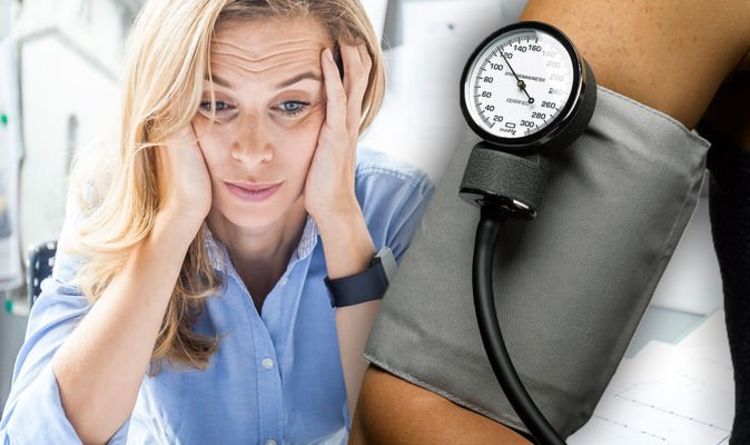
Bottom line
Although anxiety may not cause chronic hypertension, there is a definite link between anxiety and blood pressure. Worry leads to a natural increase in blood pressure due to the fight or flight response, and high blood pressure can sometimes also lead to increased anxiety.
If you are experiencing symptoms of anxiety or high blood pressure that are affecting your daily life, talk to your doctor about treatments that can help you.
HealthHigh blood pressure and anxiety: causes, treatment
Anxiety and high blood pressure can sometimes go hand in hand. Anxiety can lead to high blood pressure, and high blood pressure can cause feelings of anxiety.
Doctors characterize anxiety as a feeling of intense anxiety or fear. It causes many physical symptoms, including palpitations and shallow breathing. Periods of anxiety can also temporarily increase blood pressure.
On the other hand, having persistent high blood pressure, which doctors call hypertension, can cause people to worry about their health and future.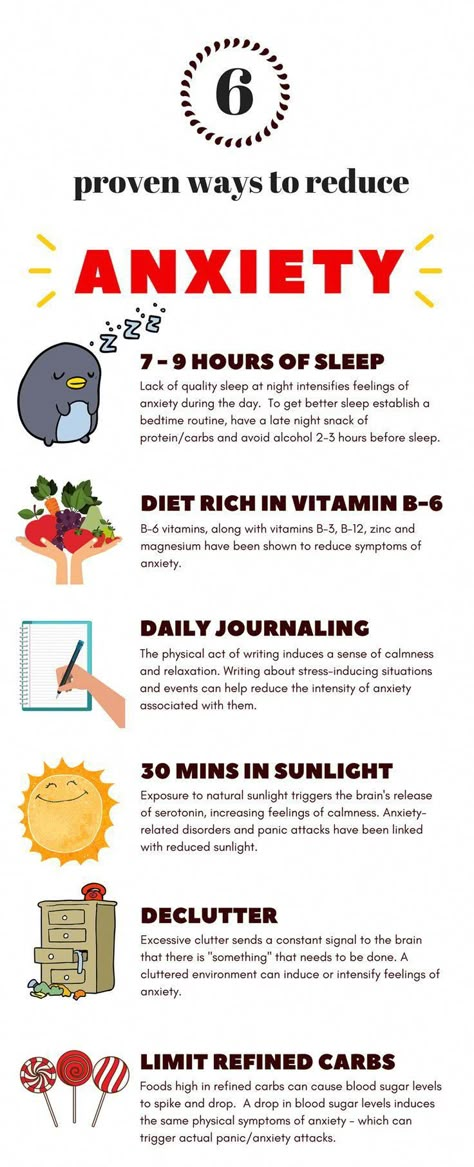
In this article, we'll talk more about the connection between anxiety and high blood pressure, and how to treat both conditions.
Anxiety causes the release of stress hormones in the body. These hormones cause an increase in heart rate and constriction of blood vessels. Both of these changes increase blood pressure, sometimes dramatically.
Anxiety-induced high blood pressure is temporary and subsides as soon as the anxiety subsides.
However, regular high levels of anxiety can cause damage to the heart, kidneys, and blood vessels, just as long-term hypertension can.
A 2015 review of existing research found that people who experience high levels of anxiety are more at risk of hypertension than people with lower levels of anxiety. The researchers conclude that early detection and treatment of anxiety is especially important in people with hypertension.
Living with an anxiety disorder, where anxiety occurs every day and interferes with daily life, can also increase the likelihood of behaviors that contribute to hypertension.
Examples include:
- drinking alcohol
- lack of exercise
- malnutrition
- tobacco use
Researchers report an association between anxiety and unhealthy lifestyles—including physical inactivity, smoking, and poor diet—in people at risk for cardiovascular disease (CVD).
- Hypertension is one of the most significant risk factors for cardiovascular disease.
- In addition, some medications for anxiety can increase blood pressure.
Can high blood pressure cause anxiety?
The presence of high blood pressure can cause anxiety in some people. Those who are diagnosed with hypertension by doctors may be worried about their health and future.
Sometimes the symptoms of hypertension, which include headaches, blurred vision, and shortness of breath, may be enough to cause panic or anxiety.
Anxiety and low blood pressure
Sometimes anxiety works the opposite way, causing blood pressure to drop. This can happen because some people take very shallow breaths during periods of high anxiety. Blood vessels become wider, lowering blood pressure.
This can happen because some people take very shallow breaths during periods of high anxiety. Blood vessels become wider, lowering blood pressure.
A 2011 study found an association between symptoms of anxiety and depression and lower blood pressure, especially in people who experienced high levels of anxiety symptoms over a long period.
This relationship also seems to work both ways, as low blood pressure or hypotension can sometimes cause anxiety and panic.
Its symptoms may be similar to those of anxiety and include:
- blurred vision
- dizziness
- fainting
- nausea
- frivolity
Anxiety or changes in blood pressure?
When symptoms appear, it can be difficult to distinguish anxiety from changes in blood pressure.
People should be aware that hypertension does not usually cause symptoms unless it is exceptionally high. If so, urgent treatment is needed.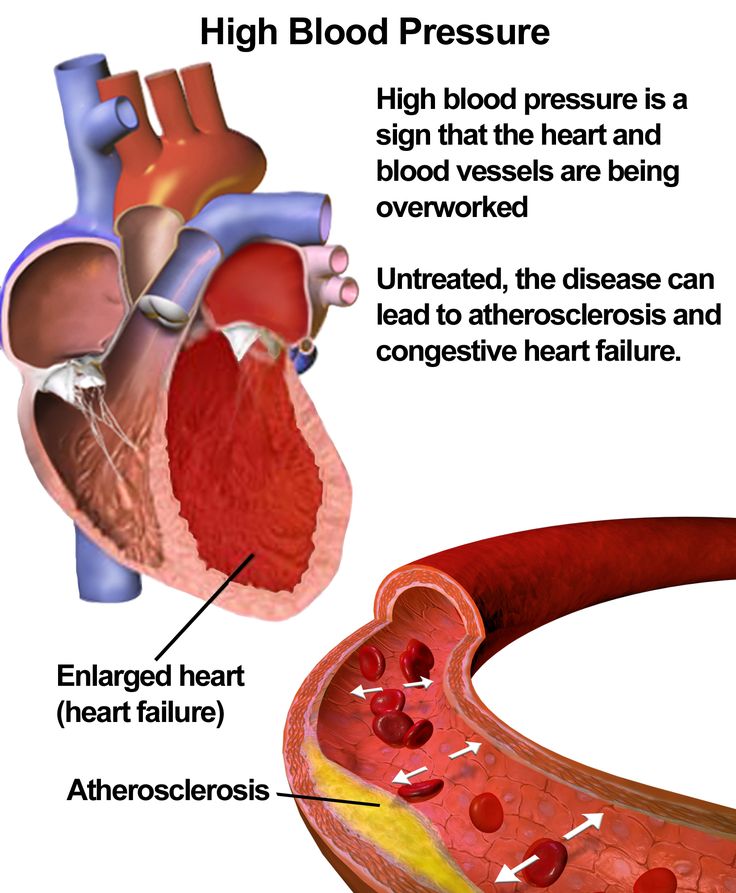
Low blood pressure is more likely to cause symptoms, and they are often very similar to anxiety symptoms.
People who experience severe or recurrent symptoms should see a doctor. The doctor will be able to diagnose the underlying cause of the symptoms and, if necessary, prescribe treatment for both anxiety and hypertension.
Treating anxiety
There are several options for treating anxiety. Most people require a combination of treatments.
Medications
Several medications can relieve symptoms of anxiety. Different types of medicines will work for different people. Options include:
- Buspirone anti-anxiety drug
- Certain antidepressants
- Benzodiazepines, which are a type of sedative for short-term anxiety relief
- Beta blockers used by physicians to treat hypertension
Psychotherapy
Working with a psychotherapist often helps people deal with anxiety symptoms.
Cognitive Behavioral Therapy (CBT) is one method a psychotherapist can try. CBT teaches people to change their thought patterns to help them reduce anxiety.
After people have learned to manage their anxiety, they are gradually exposed to situations that cause anxiety. Thus, they become less afraid of these situations.
Lifestyle changes
Making simple changes can go a long way in reducing anxiety symptoms. Examples include:
- deep breathing techniques or progressive muscle relaxation
- meditation
- regular exercise
- good sleep
- healthy eating and caffeine restriction
- abstinence from alcohol, tobacco and recreational drugs
- reduce stress at home, at work and at school where possible
- dealing with problems rather than avoiding them
- replacing negative thoughts with more positive or realistic ones
Treatment for high blood pressure
Most people with hypertension will benefit from lifestyle changes.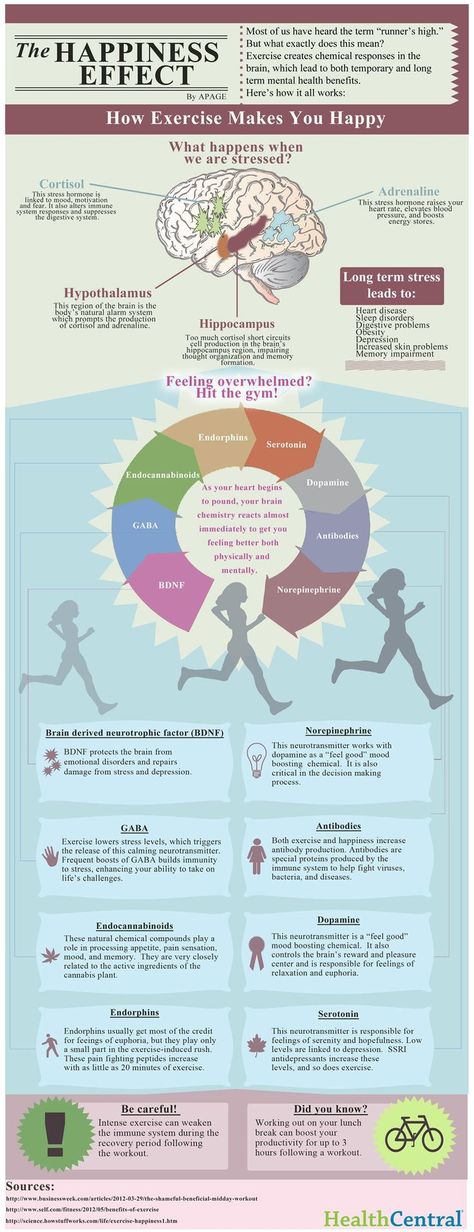
Some people will also need medication.
Lifestyle changes
Doctors often recommend one or more of the following:
- healthy eating and salt restriction
- avoid tobacco and recreational drugs
- alcohol restriction
- exercise regularly
- achieving or maintaining a healthy body mass index (BMI)
Medications
There are several types of medicines to treat high blood pressure. They include:
- diuretics (water tablets)
- calcium channel blockers
- angiotensin-converting enzyme (ACE) inhibitors
- angiotensin II receptor blockers
- Aldosterone antagonists
- renin inhibitors
- vasodilators
- alpha-blockers
- alpha-beta blockers
- beta-blockers
The type of medicine a person needs will depend on several factors, including their general health and the severity of their hypertension. Some people may need more than one type of medication to control their blood pressure.
Some people may need more than one type of medication to control their blood pressure.
When to seek help
People who think they may have anxiety, hypertension, or both should talk to a doctor. Those with severe symptoms should seek immediate medical attention.
Symptoms to watch out for:
- blurred vision
- shortness of breath
- dizziness
- headaches
- nausea and vomiting
- palpitations
Predictions
Both hypertension and anxiety are treatable conditions. A person with anxiety does not necessarily develop hypertension.
However, seeking help as early as possible can improve outcomes for people with any condition and reduce the risk of complications.
Conclusions
There is a link between anxiety and high blood pressure. Occasionally, a person with anxiety develops hypertension, especially if they regularly experience severe anxiety.